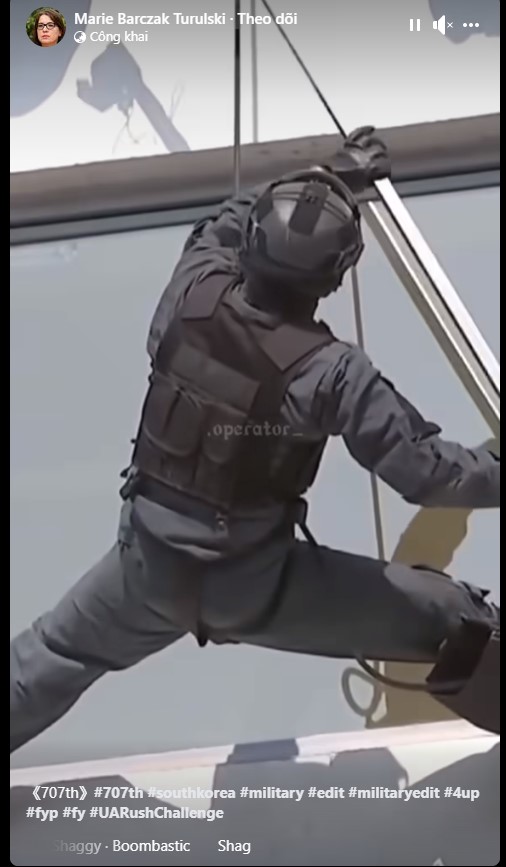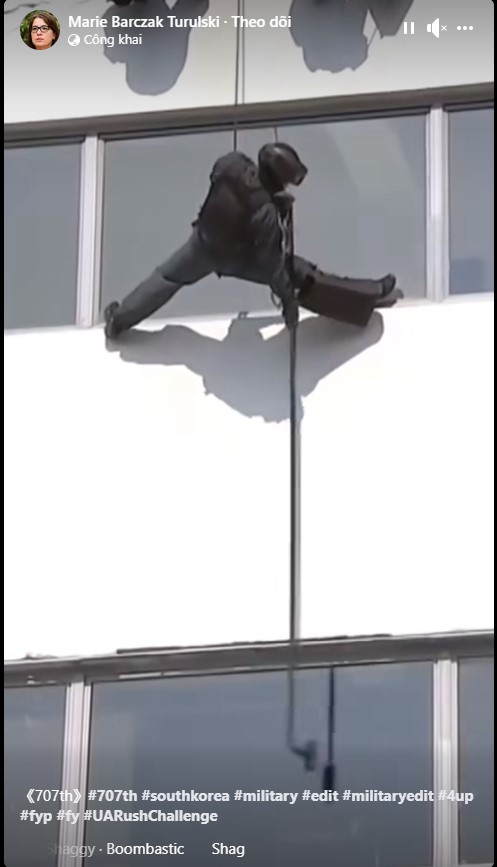
Introduction: The military plays a vital role in safeguarding nations and their citizens, often putting their lives on the line in times of crisis. Among the many responsibilities they shoulder, military search and rescue (SAR) teams hold a unique place. These dedicated professionals undergo rigorous training to respond to emergencies, saving lives and providing hope in dire situations. Let’s delve into the world of military SAR training and gain a deeper appreciation for their noble profession.

The Demanding Training Regimen: Military SAR personnel endure grueling training regimens that encompass physical fitness, survival skills, and technical proficiency. Their training includes simulated rescue missions in diverse environments, such as mountains, deserts, and open water. These scenarios prepare them for real-life emergencies, ensuring they can perform under extreme pressure.

Specialized Equipment and Techniques: One key aspect of military SAR training is mastering the use of specialized equipment and techniques. From helicopters equipped with hoisting systems to advanced medical gear, SAR teams are equipped to handle a wide range of emergencies. They must also become proficient in rappelling, diving, and other technical skills to access remote or hazardous locations.
Physical and Mental Toughness: Military SAR training pushes candidates to their physical and mental limits. Endurance, strength, and stamina are essential attributes for SAR professionals. Moreover, they must develop the mental fortitude to remain focused and make critical decisions in high-stress situations, often amid adverse weather conditions and limited visibility.
Coordination and Teamwork: Successful SAR missions hinge on seamless coordination and teamwork. Military SAR personnel train intensively to operate as a cohesive unit, with clear communication and trust being paramount. This ensures that every member of the team can rely on their colleagues when lives are at stake.
Adaptability in Crisis: SAR teams must adapt swiftly to evolving situations. Whether rescuing survivors from a natural disaster, a downed aircraft, or a shipwreck, they must assess the situation, formulate a plan, and execute it flawlessly. Their ability to adapt to changing circumstances often makes the difference between life and death.
Community Outreach and Education: Beyond their operational duties, military SAR teams often engage in community outreach and education. They impart essential survival knowledge to the public, helping communities become more resilient in the face of disasters. Their dedication to prevention and preparedness saves lives even before a crisis occurs.
A Profound Impact: Military SAR personnel make a profound impact on the lives they touch. Their bravery and selflessness inspire gratitude and admiration. They offer solace to those in distress, reuniting families and providing hope during the darkest hours. The impact of their work extends far beyond the immediate rescue; it resonates within the hearts of survivors and their communities.
Conclusion: Military search and rescue teams epitomize the noblest aspects of the military profession. Their rigorous training, unwavering commitment, and selfless dedication to saving lives deserve our utmost respect and appreciation. As we witness their incredible efforts in times of crisis, let us remember that these unsung heroes continue to put themselves in harm’s way, forging a legacy of valor and compassion that will be cherished for generations to come.

